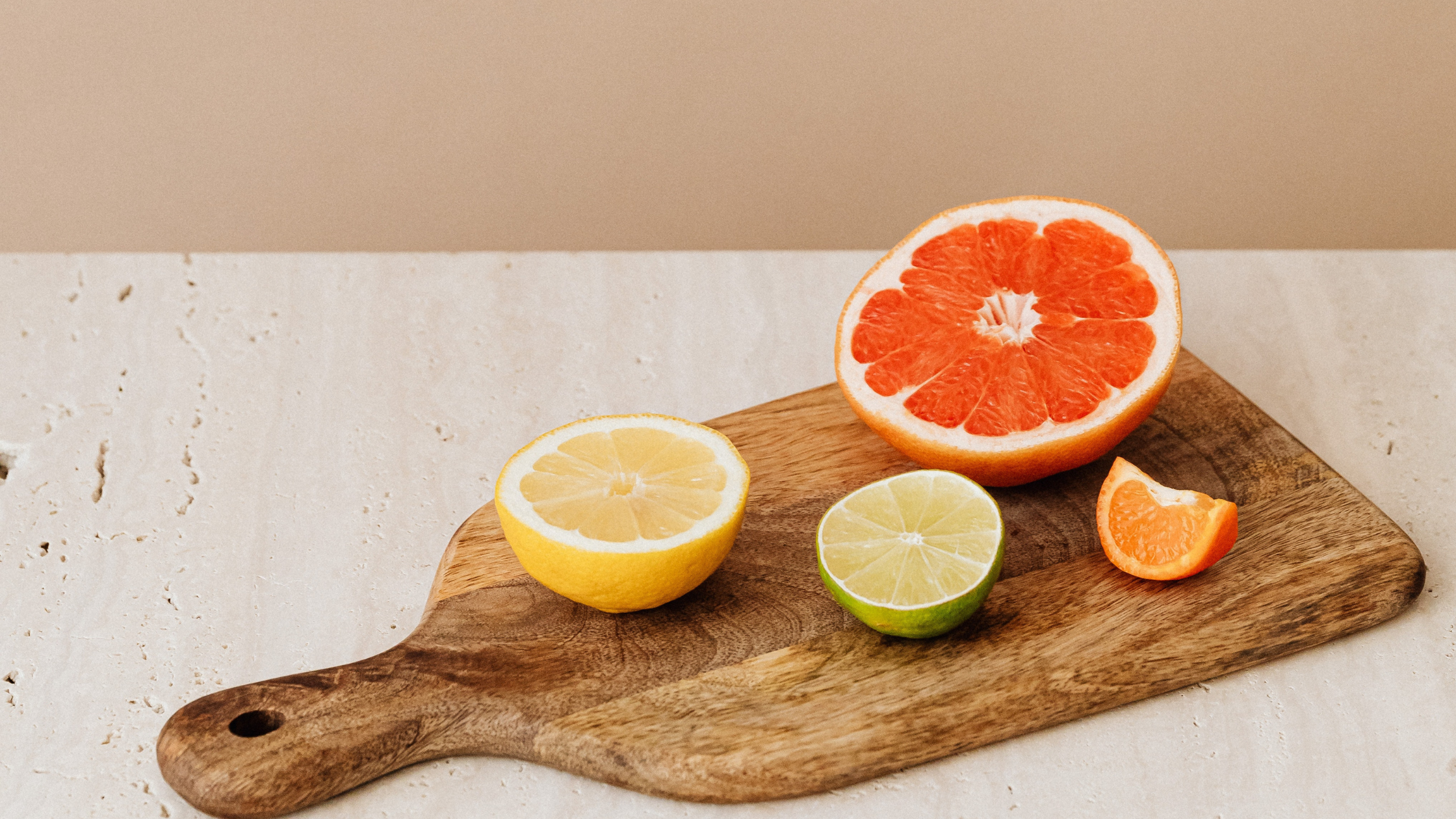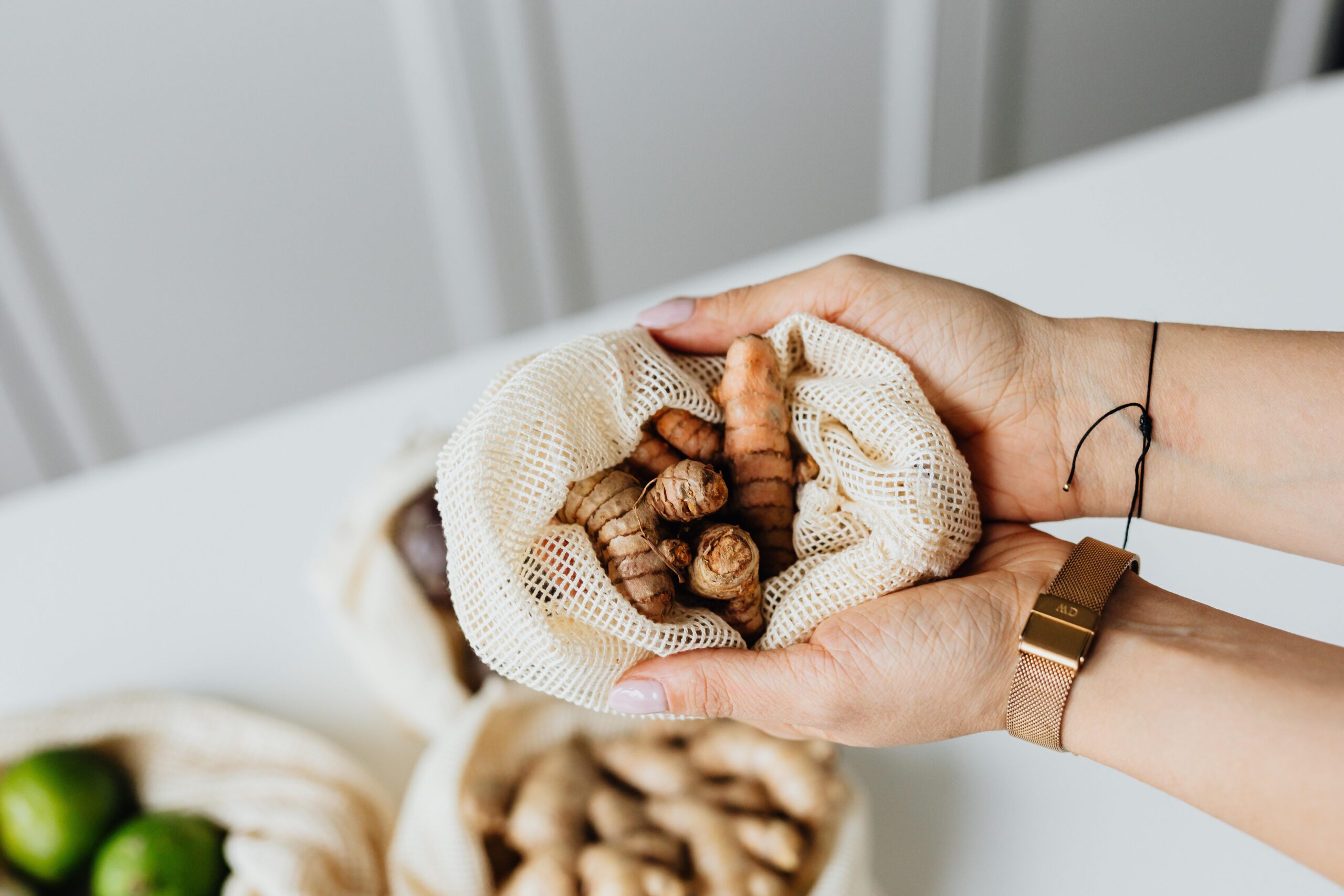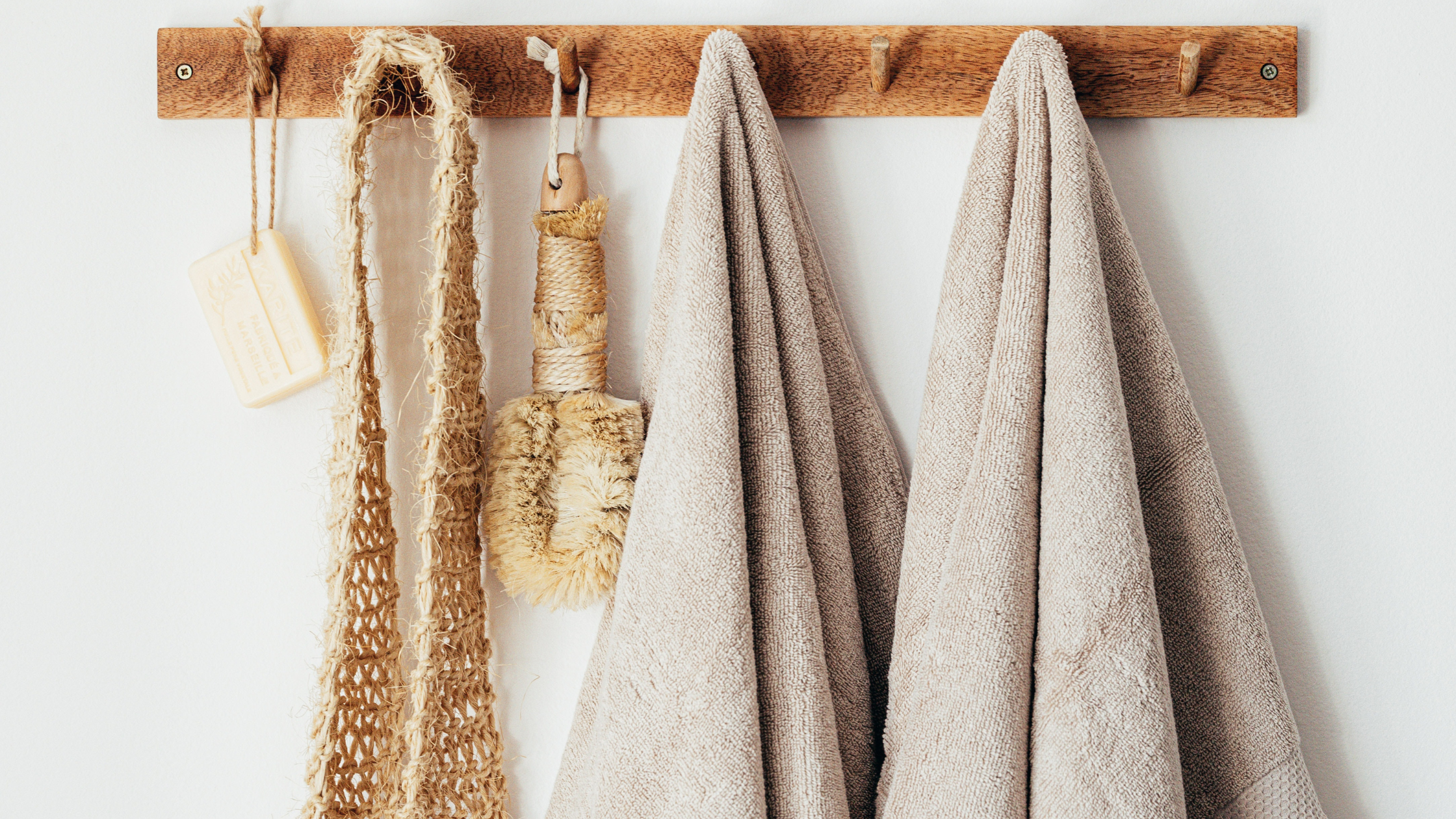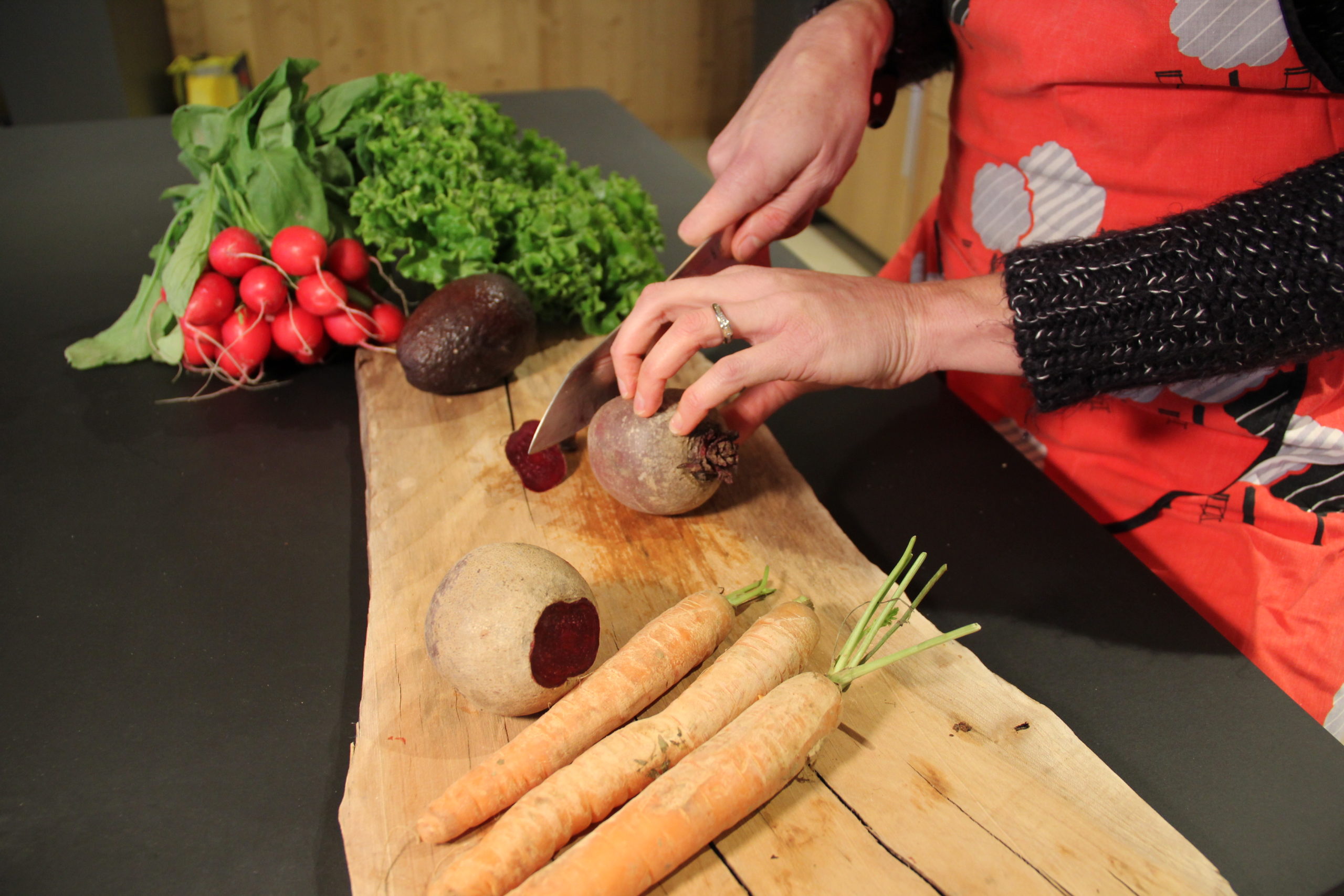more posts you might like
A new season is upon us with new energy, new temperatures, and new practices that can help us stay aligned with the Earth. Earth-based & seasonal living are at the heart of what we teach at Ground & Root Cancer Nutrition. It is one of the pillars of optimal health that will help you stay healthy and free of disease.

READ POST
Did you know that cancer rates in people under 50 have increased nearly 80% over the last 3 decades?! This is according to several recent studies. (1, 2, 3) Personally I’ve seen this in my own practice, where over half of my current clients and the members of our group coaching program are under 50 and about a third were under 40 when they first reached out to me. My youngest client this year diagnosed with metastatic breast cancer was 28 years old!

READ POST
A new season is upon us with new energy, new temperatures, and new practices that can help us stay aligned with the Earth. Earth-based & seasonal living are at the heart of what I teach at Ground & Root Cancer Nutrition. It is one of the pillars of optimal health that will help you stay healthy and free of disease.

It’s officially summer vacation here in France! We are getting ready to fly from France to California for a month and planning a 2-week road trip through Northern California and Oregon. The summer season often means vacation and traveling. Do you have any fun trips coming up? Of course we are super excited to explore new places, visit with family & friends, and get a little R&R. But traveling can also be stressful and challenging to your health and wellbeing.

READ POST
A new season is upon us with new energy, new temperatures, and new practices that can help us stay aligned with the Earth. Rustic and Earth-based living are at the heart of what I teach at Ground & Root Cancer Nutrition. It is one of the pillars of optimal health that will help you stay healthy and cancer-free.

READ POST
For over a decade now I’ve been guiding and supporting people moving through & beyond a cancer journey and I’ve learned A LOT about what it takes to support healing & optimal health. As you can imagine, my approach and strategies have evolved over the years to reflect this. And the “Healing Helix” is yet another evolution.

Supporting your recovery through cancer treatment is only half of the journey. Once treatment is complete we then need to shift our attention towards long-term recurrence prevention. This is a very important stage in the cancer journey and one in which conventional medicine has little to offer other than monitor and hope for the best.

READ POST
A new season is upon us with new energy, new temperatures, and new practices that can help us stay aligned with the Earth. Rustic and Earth-based living are at the heart of what I teach at Ground & Root Cancer Nutrition. It is one of our pillars of optimal health to help you stay healthy and cancer-free.

READ POST
Have you ever looked at your genetics? If you’ve gone through a cancer journey perhaps they ran some genetic testing to help dial in your treatment plan or determine your risk for recurrence. Or maybe you’ve completed a DNA test to learn more about your ancestry. The world of genetics is a positively fascinating place to explore.

This warm and comforting noodle soup is a powerhouse of immune boosting, anticancer goodness. Literally every ingredient in it has incredible nutritional benefits. From the anticancer mushrooms, green tea, and spices to the immune boosting broth, seaweed, and citrus. This recipe will not only delight your senses, it will nourish your cells in a deep way.

READ POST
I have been supporting cancer patients and their families for over a decade. One thing that I’ve learned is that when people pull together a team of providers to support their treatment AND their wellbeing they can move through this journey with a much more positive experience.

READ POST
Can your lifestyle be as powerful as medicine? As an Integrative & Functional Cancer Dietitian I have taught for over a decade the power of food as medicine. There are countless peer-reviewed studies showing the incredible power of foods & phytonutrients to boost the immune system, target & remove cancer cells, and promote healing in the body. But what about your lifestyle? Can this be just as powerful?

One of the fundamental pillars of an anticancer diet is to eat a colorful variety of plants. Plants are full of good-for-you fiber, vitamins, minerals, antioxidants, and phytonutrients (the chemicals that produce their color). It’s these phytonutrients that are the real cancer-fighting heroes. Here is a Cooling Anticancer Summer Salad Recipe for you to enjoy!

READ POST
One of the primary pillars we use in our coaching is the importance of tapping into our evolutionary systems to build resilience. Resilience is defined as an individual’s ability to maintain or restore relatively stable psychological and physical functioning even when confronted with stressful life events. The more resilient we are, the less of a negative impact stress has on our body. And when it comes to cancer, lower stress resilience has been linked to increased risk.

READ POST
It’s been 3 years since I lost my Dad to cancer. I wanted to take some time to reflect on what I’ve learned these last 3 years when it comes to processing grief and fueling purpose in your life. My Dad’s story has played a very big role in the evolution of my business and in the work that I do.

Are you wanting to lose a few pounds…or maybe a lot of pounds? If so, you’re definitely not alone. More than ⅔ of Americans (and more than 50% of adults globally) are either overweight or obese; many of whom are actively trying to lose weight. We’ve all been told that being overweight or obese will […]

READ POST
Uncover these 3 common myths about how to eat during cancer treatment so you can accelerate your recovery and feel better fast.

READ POST
By: Guest Blogger Priya Padmanabhan Receiving a cancer diagnosis, moving through treatment, and getting through the journey can feel like conquering Mount Everest. That hike up and down the mountain is unique to each person. As a breast cancer thriver, I can vouch for that. In this article, I will share how self-care routines, specifically […]

As we enter the Spring Season here in the Northern Hemisphere it’s the perfect time to start adding more leafy greens to your diet. In addition to adding a healthy dose of nutrients & antioxidants to your body, leafy greens also help to nourish the liver and support detoxification. Of course I’m a fan of […]

READ POST
Today I want to share with you my “3 Pillars of Healing”. These pillars are going to challenge you to go much deeper on your path towards healing and optimal health and may even change some of the beliefs you have around what it takes to heal. Creating harmony, balance, and flow on every level, physiologically, mentally, emotionally, and spiritually, are the keys to healing. It’s taken me many years to see it from this framework. But after working with hundreds of clients I have learned that deep and sustained healing really does require this holistic approach. There is so much you can do to support your healing and optimize your long-term health. Let’s dive in!

 Most of us can relate to the experience of having “butterflies in our stomach” or a visceral gut-wrenching feeling, and how often are we told not to ignore our “gut-instinct” when making a decision. Even from our simple slang, it’s clear just how symbolically connected the gut is to our emotions. I’ve discussed the importance of the Microbiome in several previous blog posts, including
Most of us can relate to the experience of having “butterflies in our stomach” or a visceral gut-wrenching feeling, and how often are we told not to ignore our “gut-instinct” when making a decision. Even from our simple slang, it’s clear just how symbolically connected the gut is to our emotions. I’ve discussed the importance of the Microbiome in several previous blog posts, including
Comments Off on The Gut-Brain Connection